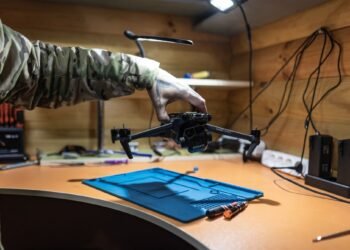Meta FAIR, the Fundamental AI Research, has recently unveiled new research artifacts, amidst major AI announcements from OpenAI and Google. According to their blog, the releases include advancements in language, embodied AI, new architectures, and more. Joelle Pineau, VP of AI research at Meta, shared the news on LinkedIn, stating that it has been a big year for AI and they are excited to share nine new open-source releases at NeurIPS. These releases are part of their continued mission to achieve advanced machine intelligence (AMI), with even more to come in 2025.
One of the major advancements is Meta Motivo, which enables virtual humanoid agents to perform complex tasks with human-like behaviors by learning from motion datasets and adapting to environmental factors. Another significant development is Theory-of-Mind Data, which provides tools and datasets to train AI in understanding and predicting human thoughts and beliefs, advancing research in social intelligence.
Memory Layers and Large Concept Models (LCM) further enhance AI’s capabilities by improving its ability to store, retrieve, and process complex information, enabling better handling of diverse languages and hierarchical reasoning. Complementing these advancements, Meta CLIP 1.2 is a vision-language model that precisely aligns image and text data, supporting critical tasks such as retrieval, classification, and multi-modal embedding.
In terms of content and media generation, Meta Video Seal enhances digital content security by embedding robust, invisible watermarks in videos, ensuring they remain resistant to editing and compression. To support this innovation, Omni Seal Bench introduces a leaderboard for evaluating neural watermarking techniques, with plans for a dedicated workshop in 2025 to further advance the field. Additionally, Flow Matching serves as an open-source framework that facilitates the creation of high-quality images, videos, audio, and 3D structures, empowering users to generate rich and dynamic media content efficiently.
Under the leadership of Yann LeCun, Meta AI chief, the company is advancing AI with systems like Layer Skip and V-JEPA to improve reasoning and interaction, alongside self-supervised learning to ultimately achieve AMI. These new research artifacts from Meta FAIR are a testament to their commitment to pushing the boundaries of AI and driving innovation in the field.



















